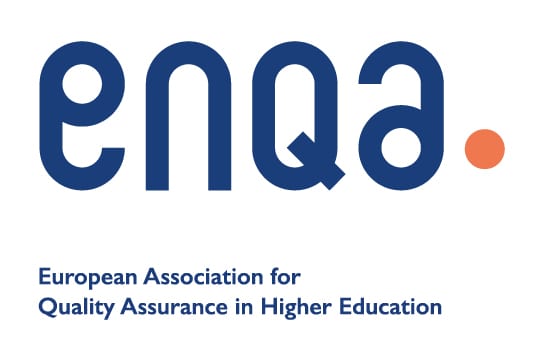Boitshoko E. Otlhomile
Forum Replies Created
-
AuthorPosts
-
January 23, 2024 at 12:56 pm #850
Dear Colleagues
My name is Boitshoko Otlhomile.
I work as a Writing Specialist at Botswana International University of Science and Technology (BIUST). I am also a certified online educator and instructional designer. I have a Master of Education in Instructional Technology from the University of Zambia. I am pursuing a PhD in Education, and my research is in the application of technology in education.
I have listened to the videos, and I can say that they provide important, insightful information on various educational issues and how they can be effectively addressed. I would like to draw your attention to the questions raised by Oyewole. Most colleagues have also shared their views on the information shared through the videos and other materials.
In this discussion, I will attempt to share my views on the questions raised by Prof. Oyewole:
1. Current Approach to Teaching and Learning in Africa:
I believe that the current approach to teaching and learning in Africa varies across countries due to the continent’s diversity. However, some common features include traditional classroom-based instruction, teacher-centered methods, and a reliance on memorization. Challenges such as inadequate infrastructure, limited access to quality education, and socioeconomic disparities also impact the effectiveness of education systems in many African countries.2. Demerits of the Current Approach:
The demerits of the current approach include a lack of emphasis on critical thinking, creativity, and practical skills development. Rote memorization often takes precedence over understanding, and there can be a disconnect between the curriculum and the needs of the job market. Additionally, issues like overcrowded classrooms, insufficient resources, and teacher shortages contribute to a suboptimal learning environment.3. Proposed New Approach to Teaching and Learning in Africa:
There is a growing recognition of the need for a more student-centered and holistic approach to education in Africa. This includes integrating technology, promoting experiential learning, and incorporating skills that are relevant to the 21st-century job market. Educational reforms are being advocated to address these issues and create a more inclusive and effective system.4. Benefits of the New Approach:
The proposed new approach aims to foster critical thinking, problem-solving skills, and creativity. It seeks to align education with the demands of the modern workforce, making graduates more competitive in the global job market. A student-centered approach is also expected to improve engagement, leading to better retention of knowledge and skills.5. Recalibrating African Professors and Learners:
To implement the new approach, there is a need for professional development programs for educators, updating curricula to be more relevant, and providing resources for the integration of technology in classrooms. Creating awareness among educators about the importance of shifting from traditional methods to more innovative and student-centric approaches is crucial.5. Promoting Life-long Learning in Africa:
To promote life-long learning, African countries need to invest in adult education programs, online courses, and vocational training. Encouraging a culture of continuous learning, providing accessible resources, and recognizing the value of informal learning experiences are essential steps.6. Role of Digitalization in the New Approach:
Digitalization plays a crucial role in the new approach to teaching and learning in Africa. It enables the provision of online courses, digital resources, and interactive learning platforms. Access to digital tools can help bridge the educational gap caused by geographic and economic disparities. Additionally, technology can enhance teacher training, facilitate personalized learning, and prepare students for a technology-driven future.In summary, the shift towards a more inclusive, student-centred, and technologically enhanced education system is crucial for addressing the challenges faced by African countries in their current approach to teaching and learning.
-
This reply was modified 2 years, 1 month ago by
Boitshoko E. Otlhomile.
-
This reply was modified 2 years, 1 month ago by
-
AuthorPosts






